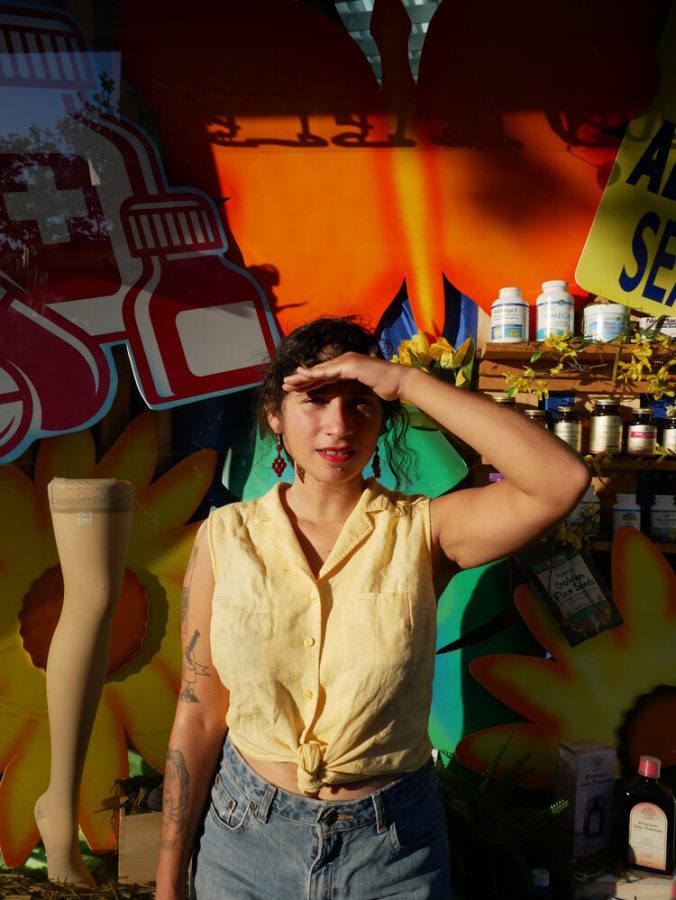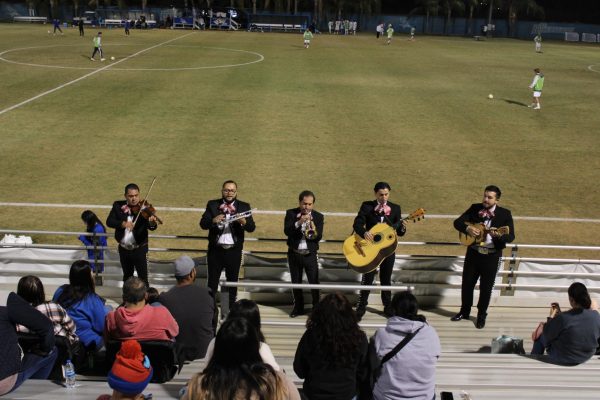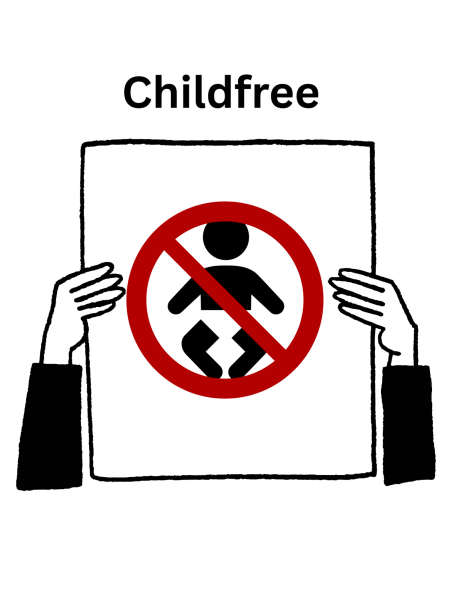Melissa Lozada-Oliva on Oppression Bonding us like Sisters
May 19, 2022
Guatemalan Colombian poet Melissa Lozada-Oliva captivates readers with her prominent and engaging narrative take on navigating life as brown women in a world that conditions us to feel bad for taking up white spaces and how we often struggle with feeling like we are enough.
She is an American poet and educator in New York. She has gained a lot of recognition and a big following because of her captivating performances. In 2015, she won the National Poetry Slam Championship for her poem, “Like Totally Whatever.” She has also published a couple of books as a result. The first, “Peluda” (2017) which is a collection of her poetry and “Dreaming of You: A Novel in Verse” (2021).
Within her collection of poems in “Peluda” she tackles a diversity of issues, such as her own complex identity, the relationship between femininity and hair, and the intersections of class, family, and the immigrant experience.
One of her included poems, “Yosra Strings Off My Mustache Two Days After the Election in a Harvard Square Bathroom” written shortly after the 2016 US election, appears to be about living through the political climate as a minority person. On top of that, she manages to include her further intersectionality as a woman of color, who is susceptible to both the presence and rejection from white people in power, as well as women who cannot remove themselves outside of their whiteness long enough to truly understand women of color.
The plot of the poem surrounds the speaker and her friend, Yosra, hiding in a bathroom stall together as she removes her facial hair for her, but it is here that they have the discourse of how hard it is to feel safe and welcomed. Reviewer Jason Harris (2019) from “The Bind” comments, “Our speaker is grappling with the politics of hair, the shame and joy of inheritance, and the desire to be loved and accepted as a brown woman in a world that does not, cannot, exist without whiteness,” in the article, “Pervasive Whiteness in the Apocalyptic: On Melissa Lozada-Oliva’s ‘Peluda.”’
While the poem starts off by describing the two in a restroom with low light and being hyper aware of how much space they are taking, both physically and metaphorically, there is a sense of comfort that comes from being scared but doing it together. It shines light to the more broader, if not more painful, topic of minority groups standing alongside one another in face of white pervasiveness.
Harris (2019) comments, “In addition to our speaker being a woman anchored to oppression because of the intersection of her identities, her friend Yosra is also oppressed in many ways.” Lozada-Oliva reveals her friend’s intersectionality without directly saying it. She describes, “Yosra sees the hair because she knows where to look/ Okay, she says, putting the string between her teeth, this is the most middle eastern thing i’ve ever done./ & I think of the most Guatemalan-Columbian thing i’ve ever done is & maybe its grow.”
Undoubtedly, she feels bonded with her friend who she knows understands her for who she is and for what hardships she endures because she does too. The literary journal “Wildness” in their review, “Yosra Strings off My Mustache by Melissa Loazada-Oilva” written by Philippe Pamela Dungao comments, “If the act of hair removal is likened to the ways women of colour experience race, womanhood, and femininity, it too extends as a metaphor for the care and love we share between each other and how it may look.”
The poem ends with a shimmer of hope as it closes with the line that reads, “I tell Yosra, “‘Okay, alright, I think I’m ready, let’s go,” But she says, “No no,/ Hold still,/ We are not done yet.’” In other words, the speaker finds both comfort, motivation, and resilience from within herself through their empathetic and healing friendship.







